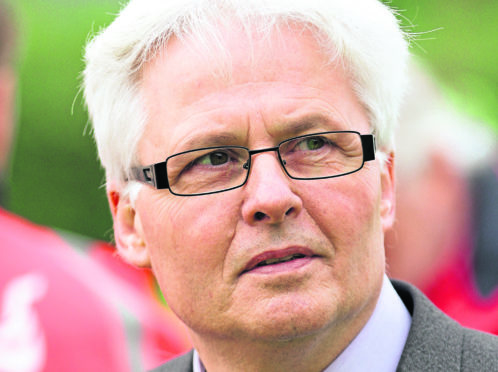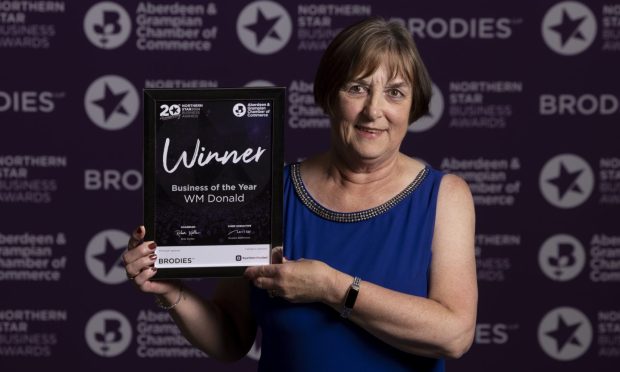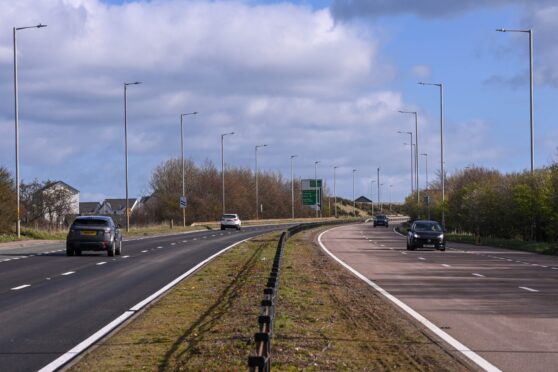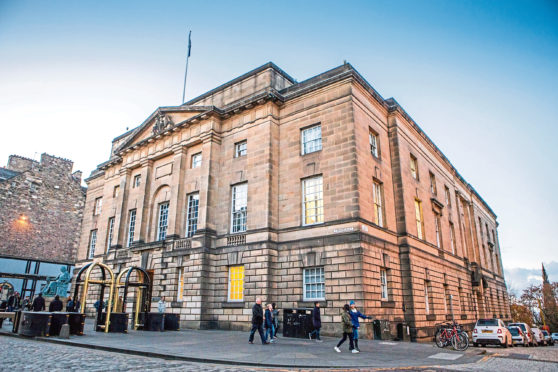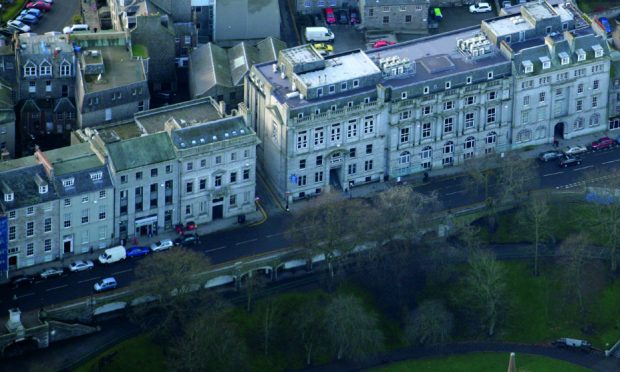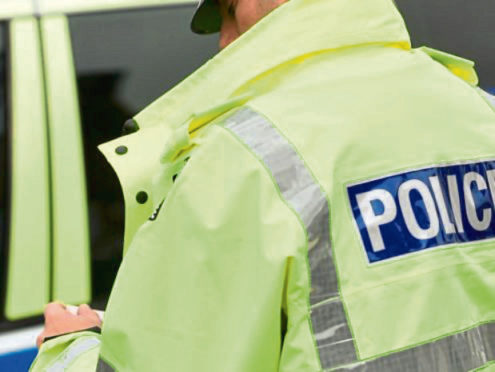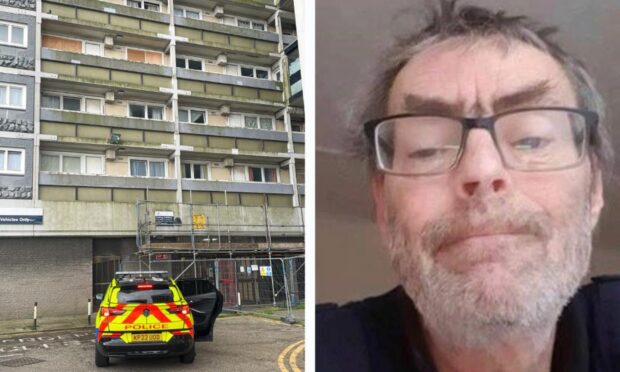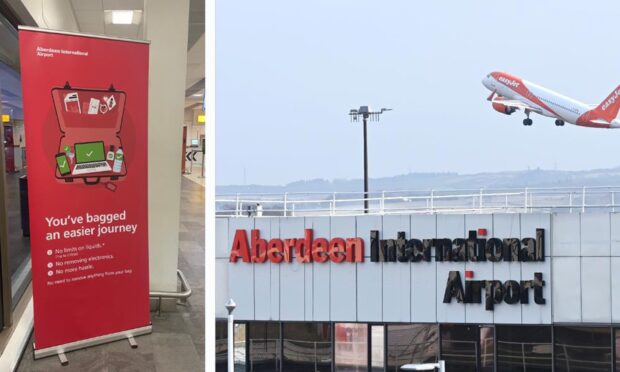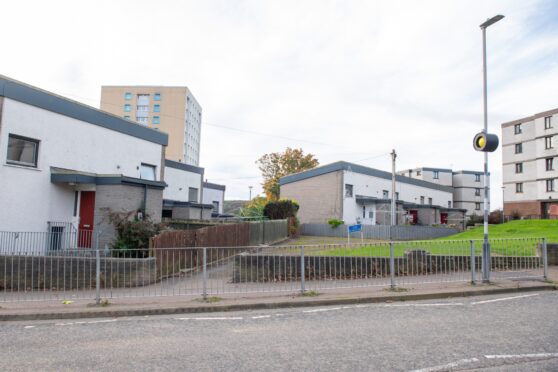In 2009, all 14 passengers and two crew died when a Super Puma came down in the North Sea close to Peterhead.
Since then a further 17 families have lost loved ones who stepped aboard a Super Puma helicopter. So, it seems not only a rhetorical question but an insulting one to ask whether the lessons from 10 years ago have been learned by the industry.
Despite the Super Puma being given the “all-clear” by the UK civil aviation authorities, big questions remain.
Only last year, Norway’s Accident Investigation Board (AIBN) report into the Airbus Super Puma helicopter that killed 13 people in April 2016, concluded the fatal crash was a result of a metal “fatigue facture” in the helicopter’s gearbox.
Among the recommendations the AIBN made was that the manufacturers, Airbus, should take another look at the design of the main gearbox of the Super Puma, and the EU Commission must strengthen the information access which investigators should have in the event of a crash. The report’s findings reinforced the stand being taken by offshore workers and their unions that the North Sea must remain Super Puma free.
The safety of workers in the North Sea must be the priority for oil and gas industry, and not profit. The Offshore Co-ordinating Group has repeatedly highlighted that the helicopter journey to and from work is the biggest single safety concern for offshore workers.
Unite has been working with other offshore unions to pressure the Scottish Government to hold a public inquiry in light of Westminster’s refusal to support one to ascertain whether lives have been put at risk by commercial pressures. It is clear from our perspective that the present arrangements have not delivered the best possible safety regime and more can be done to assure the workforce.
That’s why the offshore workforce, and those who represent them, are rightly furious of the recent decision by the Scottish Government not to back a public inquiry into helicopter safety in the North Sea. Nothing other than an independent wider public inquiry into helicopter safety is necessary to restore confidence in helicopter travel.
Both commercial operators and government have a moral obligation and a vital role to play in restoring confidence offshore. So far, both have failed. Unite is clear that only by keeping our sky Super Puma free and delivering a public inquiry will restore this confidence, and in doing so leave a fitting tribute to those who lost their lives 10 years ago today.
Unite has launched an online petition as part of our Back Home Safe campaign reiterating our demand for a public inquiry at www.surveymonkey.co.uk/r/W28ZBGZ.
